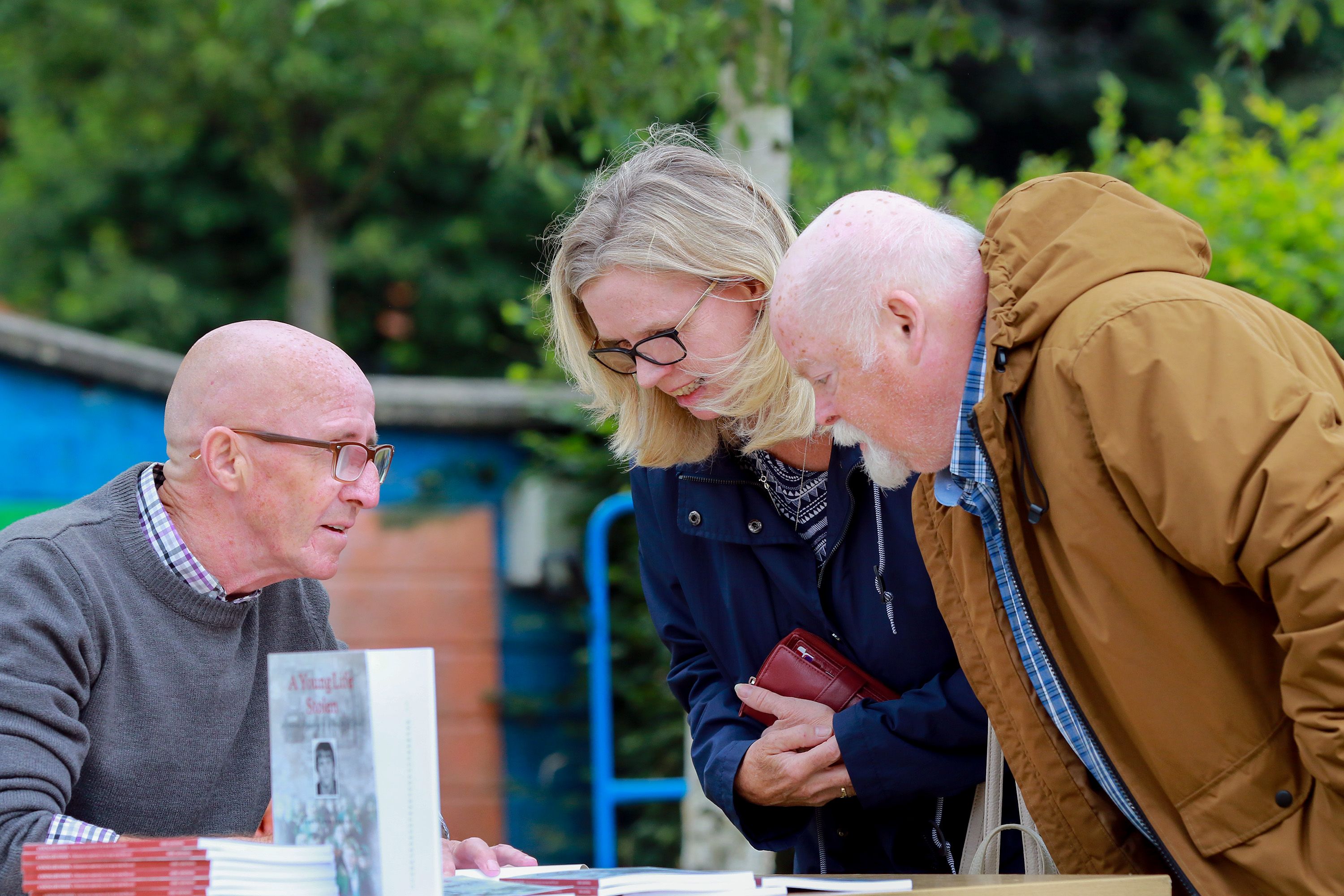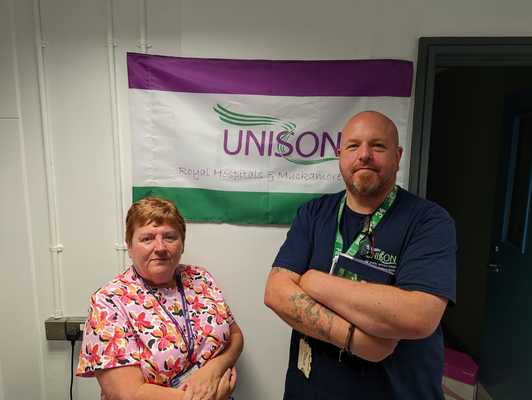PAUL Armstrong was just 18-years-old when he was abducted, tortured, and brutally murdered by the UVF on 8 November 1974.
His murder was never properly investigated, nor his killers brought to justice. It is this bitter fact that his brother, Gerry Armstrong, brings home time and again in his heart-wrenching new memoir, ‘A Young Life Stolen’.
When Gerry launched his book in July, he made the painful admission that his family will “never” find justice. In reading his autobiographical account the denial of justice becomes all sorrowful, not least because an innocent young man was tortured and murdered. But Gerry’s reflections on his early life in Silversteam offer a glimpse of a Belfast where these things might not have come to pass.
Growing up in the early 1960s Gerry said there “wasn’t a great sense of sectarianism” in the air. While there was still a degree of communal segregation, with Catholic families a local minority, he recalls how young boys, both Catholic and Protestant, would come together to collect wood for the July bonfire.
Recollections of street games, boyhood mischief, and his time at St Vincent De Paul Primary School tell of a happy life yet unmarked by the horrific conflict to come. The stories, full of youthful wonder, are told with intense joy. Despite the tragedies felt later in life, Gerry insists things weren’t “all doom and gloom”.
When Gerry moved on to St Gabriel’s Secondary and the end of the '60s arrived, things had been “hotting up” ahead of what is now called The Troubles. It was during this period that terms like “Taigs” and “Fenian bastards” began to creep “slowly into everyday conversation”. The trip to school became “a more serious, sinister and frightening episode".
Gerry signs copies of his book
The day and daily experience of growing up in a war-torn Belfast is a familiar one for many of a certain generation: harassment by the British Army, sectarian violence, bombings, and death. Indeed, Gerry tells how his own small village of Ligioniel had “more than enough share of death and tragedy".
Death visited Gerry’s family in July 1972 when his 17-year-old cousin, Jackie Mooney, was shot dead by the 45 Marine Commandos in Ligoniel. His uncle, Jim Sullivan, was murdered by the UVF in 1975. But ‘A Young Life Stolen’ is, first and foremost, Paul Armstrong’s story, and it was one that was untold for decades. Gerry recounts how his heartbroken mother, Mary, was unable to attend her son’s funeral or to talk about her grief. Both she and Gerry’s father, James, went to their graves without truth or justice.
It wasn’t until 1999 that Gerry began speaking out about Paul and asking for answers, and he has been talking about his brother ever since. His memoir bravely lays bare the way in which Paul was tortured and shot dead, and grapples with those final moments when Paul “must have been terrified”. This thought, and the thought of what Paul endured, chills Gerry “to the bone".
Readers will no doubt find the details of Paul Armstrong’s murder difficult to contemplate. The anguish felt by Gerry and his family is barely imaginable. But in the absence of Paul’s killers being held to account, Gerry’s truthful account is a critical and crucial read.
The Armstrong family, as Gerry attests, have been let down by many over the years, including the police and the Historical Enquiries Team. ‘A Young Life Stolen’ is a sharp polemic against those who have refused to properly pursue or investigate Paul Armstrong’s killers. Gerry has “no regrets” putting Paul’s name in the public domain but says it’s a book he wishes he “had never had to write in the first place".
Readers will have no regrets reading this highly emotive memoir.
‘A Young Life Stolen’ is published by Relatives For Justice.







